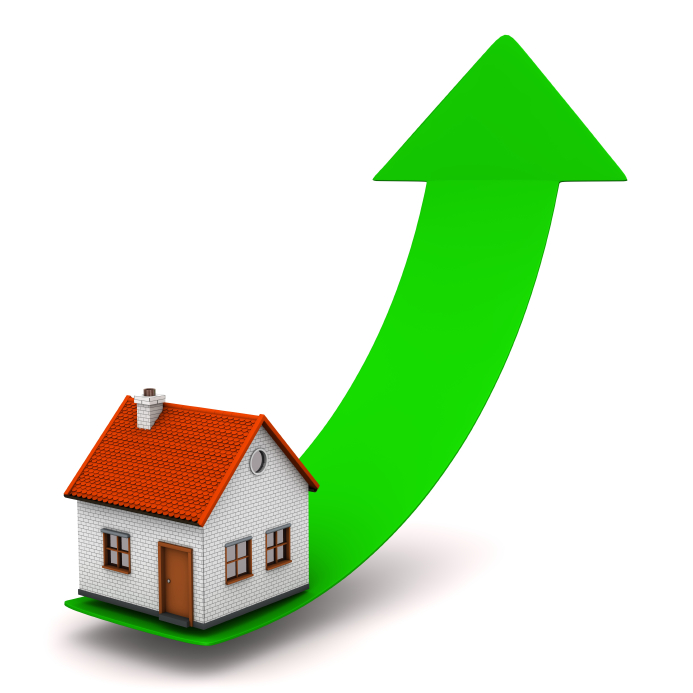This article is an external press release originally published on the Landlord News website, which has now been migrated to the Just Landlords blog.

The latest Nationwide House Price Index has showed that UK house prices rose yet again in April.
An increase of 1% was recorded, which was significant due to it being the largest monthly rise since June 2014.[1]
Growth
Statistics from the report showed that annual price growth was up marginally from 5.1% in March to 5.2% in April. Average house prices are now £193,048. Robert Gardner, Chief Economist at Nationwide, commented that, ‘the pick-up in price growth has occurred even though the pace of activity in the housing market has remained fairly subdued in recent months.’ Gardner also noted that, ‘the number of mortgage approvals is still well below its long run average and 20% below the levels recorded in early 2014.’[2]
Mr Gardner then went on to describe the strength of the economy but seemingly slow pace of housing market activity as, ‘something of an anomaly.’ As a possible reason, Gardner suggests that, ‘it is possible heightened uncertainty ahead of the election is weighing on activity.’[3]
However, he concedes that, ‘there is no compelling evidence from previous UK elections to suggest a strong impact.’ Gardner believes that,’ healthy labour market conditions and continued low mortgage rates should help underpin housing demand in the quarters ahead.’[4]
‘Law unto itself’
Chief Executive of Dragonfly Property Finance, Jonathan Samuels, stated that the recorded 1% increase in April, ‘underlines the inherent volatility of the property market. It is truly a law unto itself.’[5]
Samuels believes that, ‘while mortgages are cheap, employment high and the cost of living low, people are far more cautious than they were in the past.’ He thinks that, ‘there is an element of caution and conservatism, in the market that perhaps wasn’t there before 2008.’[6]
‘People are more aware than ever that the property market is a double-edged sword,’ explains Samuels, who went on to sat that, ‘buying a property is not a decision that can be taken lightly.’ Samuels does expect activity levels to rise further after the General Election, but feels that, ‘2015 as a whole is shaping up to be a middling year for the market.’[7]
Imbalance
‘Although house price rises in recent months may seem subdued when compared to last year, prices are still rising well above the level of inflation,’ remarked Jeremy Duncombe, Director of Legal and General Mortgage Club. He believes that this is due to a, ‘surplus in demand which is outpacing the supply of new houses,’ and it is this imbalance that has,’ pushed up the average asking price in April, making homeownership a more distant dream for many potential buyers.’[8]
Duncombe does however believe that it is, ‘encouraging to see that political parties are talking about building more properties in the run up to the election.’ He went on to say that, ‘we need to ensure that house building remains at the top of the agenda throughout the next parliamentary term so a good supply of new properties is built and the issue is not forgotten about after the electioneering is over.’[9]
[1-9] http://www.financialreporter.co.uk/finance-news/april-sees-pick-up-in-house-price-growth.html?utm_content=bufferac29b&utm_medium=social&utm_source=twitter.com&utm_campaign=buffer





